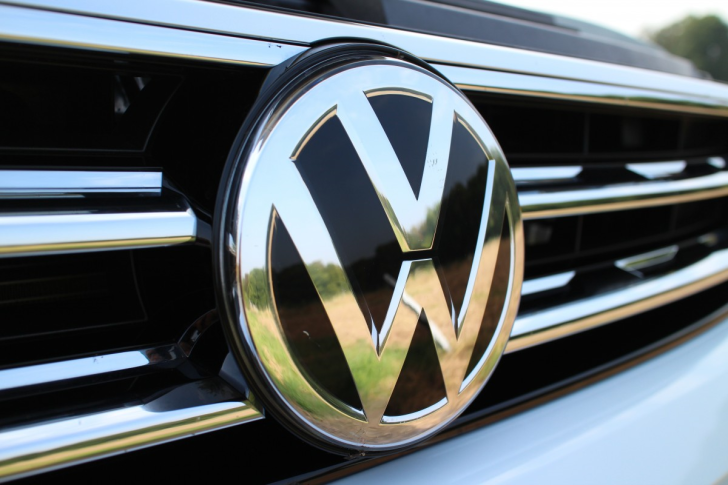Blockchain Cobalt
Volkswagen groups said in its announcement that it will be using IBM’s blockchain to ensure that minerals it acquires, such as cobalt for its batteries for electric vehicles, are “responsibly source[d]”. Current practices of acquiring cobalt and other minerals rely heavily on third party inspections and other time intensive processes that involve inspections of mines and ore processors where the minerals come from.
Africa, being one of the largest suppliers of battery raw materials, is particularly troublesome since the level of poverty has led to a spread of child labor, with mines even turning to modern day slavery.
The use of IBM’s blockchain means Volkswagen will be able to track the complete supply chain and be able to provide an immutable record throughout the process. This would help to achieve standards set by the Organization for Economic Cooperation and Development (OECD).
The application of the blockchain was highlighted by Volkswagen in its announcement,
Participants in the network, validated by RCS Global Group for compliance with responsible sourcing standards, can contribute and access immutable data in a secure and permissioned way to trace and record the flow of minerals across the supply chain in near real-time.
Future plans for the car manufacturer include expanding the use of blockchain for its other operations, such as consumer electronics and even aerospace.
IBM’ Blockchain
IBM, as a tech giant, has worked increasingly in developing enterprise level applications for blockchain. Volkswagen joins the current platformin which Ford is also a participant. Both vehicle manufacturers are using the blockchain for tracking minerals that are used in the batteries of their electric vehicles. LG Chem, a chemical division of LG electronics, is also a member.
IBM has used blockchain for many other processes, including partnering up with hard disk manufacturer Seagate to fight counterfeit products and blockchain based oil supply chainwith Abu Dhabi National Oil Company.
 Saad Ullah
Saad Ullah

 Saad Ullah
Saad Ullah


